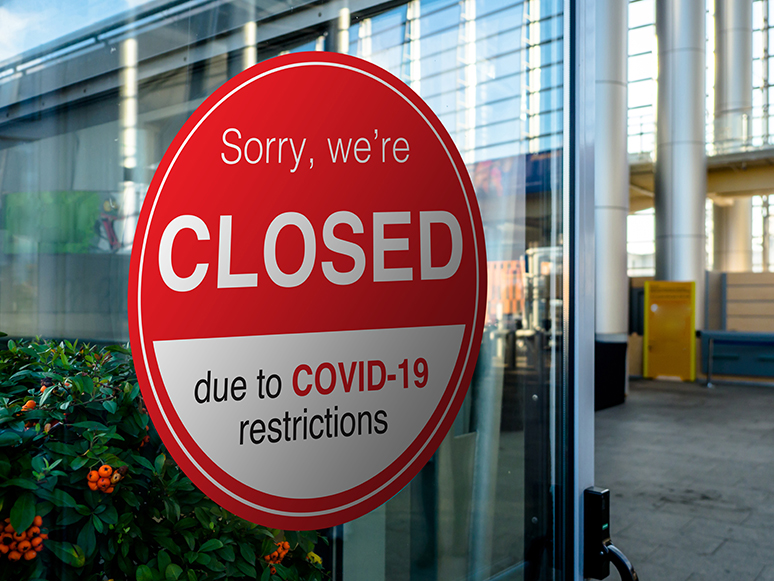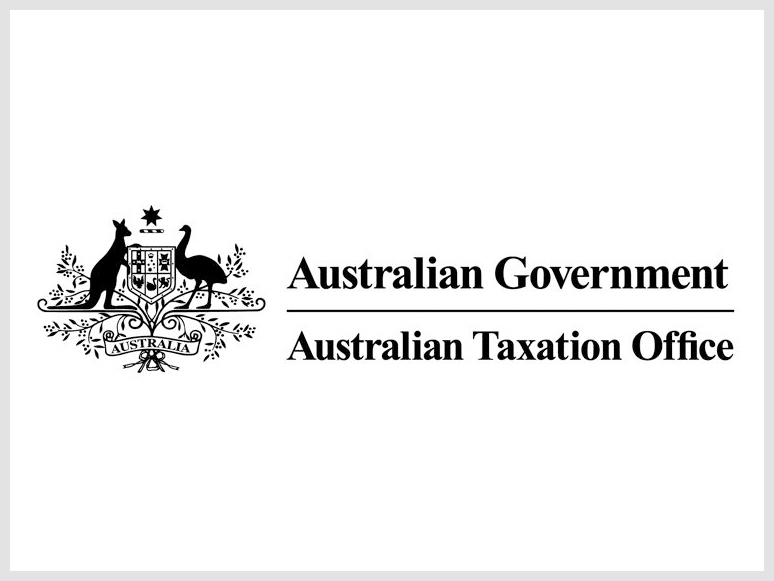logo


17th Oct, 2020

The ATO has updated its COVID-19 and fringe benefits tax (FBT) advice, providing a useful outline of some issues that may arise due to an employer’s response to COVID-19.
Items provided to employees to allow them to work from home (or otherwise offsite) due to COVID-19 will usually be exempt from FBT if they are primarily used by employees for work.
Also, the minor benefits exemption or the otherwise deductible rule may apply if an employer:
The minor benefits exemption may apply for minor, infrequent and irregular benefits under $300.
In addition, the otherwise deductible rule may allow an employer to reduce the taxable value of benefits by the amount that an employee can claim as a once-only deduction.
Employers may have been garaging work cars at their employees’ homes due to COVID-19. There may not be an FBT liability depending on:
Employees’ driving patterns may have changed due to the effects of COVID-19. If an employer uses the operating cost method, it may have an existing logbook. If so, the employer can still rely on this logbook to make a reasonable estimate of the business kilometres travelled. However, the employer can also choose to keep a new logbook that is representative of its business use throughout the year.
The issue of logbooks is also addressed in more detail in the COVID-19 and car fringe benefits fact sheet.
There is also a separate ATO fact sheet on these matters.
An employer will not have to pay FBT if it provides emergency accommodation, food, transport or other assistance to an employee where:
An employer will also not have to pay FBT for benefits that are considered “emergency assistance”.
An employer may need to pay FBT on items it gives employees to help protect them from contracting COVID-19 while at work. These include gloves, masks, sanitisers and antibacterial spray.
The ATO says, however, that these benefits are exempt from FBT under the emergency assistance exemption if employers provide them to employees who:
Where employment duties are not of this kind, the minor benefits exemption may apply if an employer provides an employee with minor, infrequent and irregular benefits under the value of $300.
There is a limited exemption from FBT if an employer provides emergency health care to an employee who us affected by COVID-19.
If an employer pays for its employee’s ongoing medical or hospital expenses, FBT applies. However, if an employer pays to transport an employee from the workplace to seek medical help, that cost is exempt from FBT.
Providing flu vaccinations to employees is generally exempt from FBT because it is work-related preventative health care.
COVID-19 testing also qualifies for the FBT exemption for work-related medical screening, under ceration conditions.
An employer will not have to pay FBT if it is required to pay non-refundable costs for cancelled events that its employees were due to attend.
However, an employer may have to pay FBT if its employees were required to pay for their attendance at the cancelled event and the employer reimbursed them. This would be an expense payment fringe benefit – unless the otherwise deductible rule applies.
12th Jun, 2020

11th Apr, 2020

A series of administrative measures to assist businesses experiencing financial difficulty as a result of the COVID-19 pandemic has been announced by the ATO. These include deferring the payment date and amounts due on Business Activity Statements (BASs), income tax assessments, FBT assessments and excise by up to four months. Businesses will also be allowed to change payment and reporting cycles for GST and vary PAYG instalment amounts. Any interest or penalties applied to tax liabilities incurred after 23 January 2020 may be remitted.
The measures that will apply are similar to those for taxpayers affected by the recent Australian bushfires. However, one important point of difference is that while the bushfire measures applied automatically to particular geographical areas, assistance for those impacted by COVID-19 will not be automatically implemented. Taxpayers who have been affected will need to contact the ATO to discuss their situation in order to come up with a tailored support plan.
The ATO has also clarified that emergency accommodation, food, transport, medical or other assistance provided by employers to employees affected by COVID-19 may be exempt from FBT, depending on the circumstances. However, employers will still need to meet their ongoing super guarantee obligations for their employees. The ATO says that by law, it cannot vary the contribution due date or waive the superannuation guarantee charge where super guarantee payments are late or unpaid.
10th Mar, 2020

The ATO has started contacting certain employers that provide car parking fringe benefits to their employees to ensure that all fringe benefits tax (FBT) obligations are being met. Generally, car parking fringe benefits arise where the car is parked on the business premises of the entity, used by the employee to travel between home and their primary place of employment and is parked for more than four hours between 7 am and 7 pm, and where a commercial parking station located within 1 km of the premises charges more than the car parking threshold amount.
Employers have a choice of three methods to calculate the taxable value of the benefits: the commercial parking station method, the average cost method and the market value method. The method currently under ATO scrutiny is the market value method, which states that the taxable value of a car parking benefit is the amount that the recipient could reasonably be expected to have to pay if the provider and the recipient were dealing with each other under arm’s length conditions.